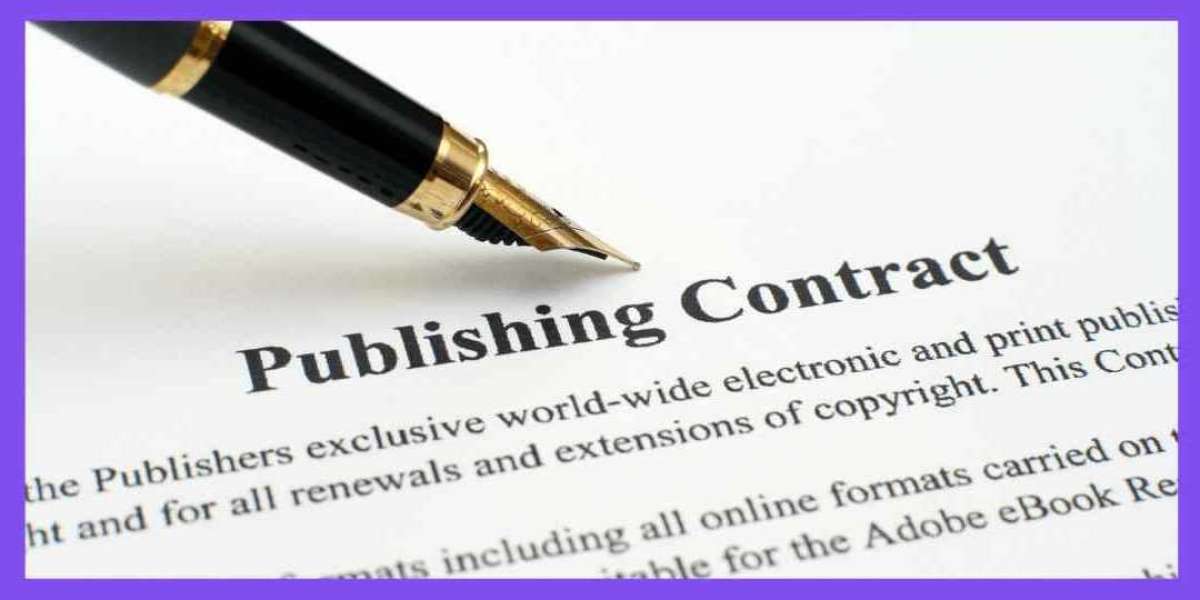Understanding the Basics of Book Publishing Contracts
Key Elements of a Book Publishing Contract
A book publishing contract is a legally binding agreement between an author and a publishing house that outlines the terms and conditions of the publication of the author's work. Key elements of a publishing contract include:
- Rights granted: Specifies the rights the author is granting to the publisher, such as print rights, digital rights, audio rights, and translation rights.
- Royalties: Defines the percentage of sales revenue the author will receive as royalties, typically ranging from 5% to 15% for print editions and 25% to 50% for digital editions.
- Advances: Determines the upfront payment the author will receive from the publisher, which may be a one-time lump sum or paid in installments.
- Publication schedule: Sets out the timeline for the publication process, including manuscript delivery, editing, design, printing, and release date.
- Author obligations: Outlines the author's responsibilities, such as delivering a complete manuscript, cooperating with edits and revisions, and promoting the book.
Grant of Rights
One of the most critical aspects of a publishing contract is the grant of rights clause, which defines the specific rights the author is granting to the publisher. These rights may include:
- Print rights: Allows the publisher to produce and distribute printed copies of the book.
- Digital rights: Grants the publisher the right to publish and distribute the book in electronic formats, such as e-books and audiobooks.
- Translation rights: Authorizes the publisher to translate the book into other languages and distribute it in foreign markets.
- Subsidiary rights: Includes rights such as serialization, adaptation, merchandising, and film or television rights.
Royalties and Advances
Royalties and advances are key financial terms negotiated in a publishing contract. Royalties represent the percentage of sales revenue that the author receives for each copy of the book sold, while advances are upfront payments made by the publisher to the author against future royalties. Authors should carefully review and negotiate royalty rates and advance amounts to ensure they receive fair compensation for their work.
Navigating Contract Negotiations
Understanding Negotiable Terms
While some terms of a publishing contract may be non-negotiable, such as copyright ownership and termination rights, many aspects of the agreement are open to negotiation. Authors should pay close attention to negotiable terms such as:
- Royalty rates: Negotiating higher royalty rates can increase authors' earnings over the life of the book.
- Advances: Authors can negotiate for higher advance amounts based on factors such as the book's market potential, author platform, and competitive offers.
- Rights reversions: Securing rights reversion clauses allows authors to regain control of their work if the publisher fails to meet certain obligations or if sales fall below a specified threshold.
- Out-of-print clauses: Including out-of-print clauses ensures that the publisher cannot keep the book out of print indefinitely, giving authors the opportunity to reclaim their rights and explore alternative publishing options.
Consulting Legal Counsel
Given the complexity of publishing contracts and the potential long-term implications for authors' rights and earnings, it's advisable to seek legal counsel before signing any agreement. A publishing attorney or literary agent can review the contract, explain its terms and implications, and negotiate on behalf of the author to ensure their interests are protected.
Evaluating Multiple Offers
Authors may receive multiple publishing offers for their work, each with its own set of terms and conditions. It's essential to carefully evaluate each offer, taking into account factors such as advance amounts, royalty rates, rights granted, publication schedule, and the reputation and track record of the publisher. Comparing offers side by side and weighing the pros and cons can help authors make informed decisions about which offer is best suited to their needs and goals.
Conclusion
Navigating book publishing contracts can be a complex and daunting task for authors, but understanding the basics of contract terms, negotiating key provisions, and seeking legal counsel can help ensure a fair and mutually beneficial agreement. By carefully reviewing and negotiating contract terms, new york book publishers can protect their rights, maximize their earnings, and set the stage for a successful and rewarding publishing experience. Whether signing with a traditional publishing house or exploring self-publishing options, authors should approach contract negotiations with diligence, caution, and a clear understanding of their rights and responsibilities.



